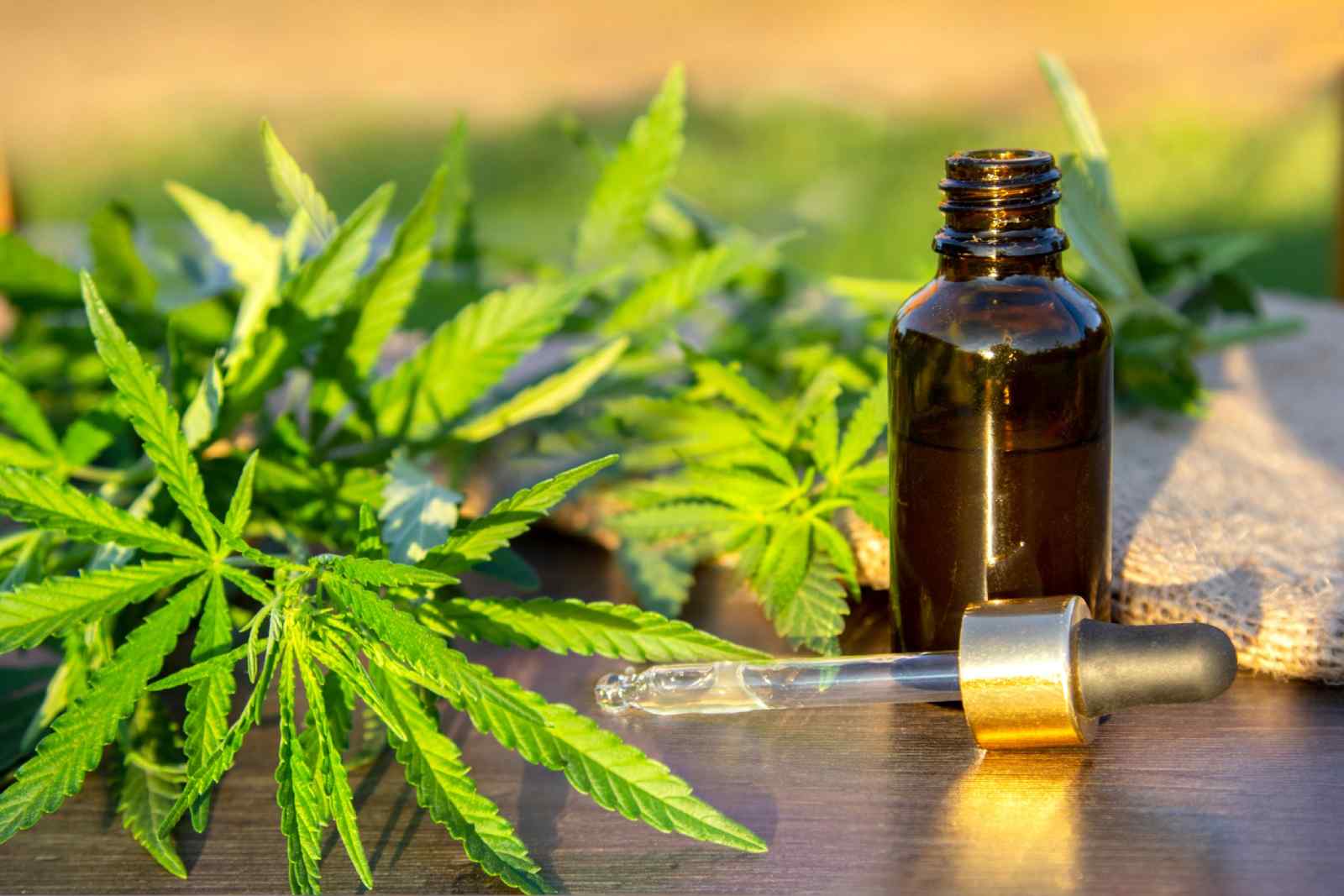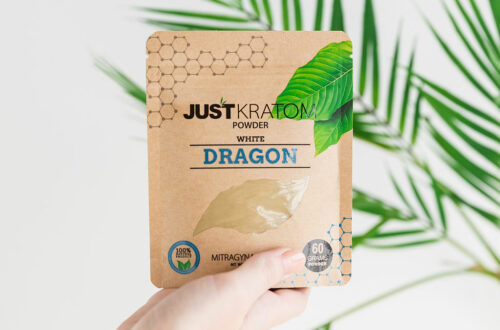Introduction
The CBD diet, also known as the Cannabidiol diet, is an emerging trend that combines the potential health benefits of CBD (cannabidiol) with a balanced and nutritious diet. This comprehensive guide aims to explore the relationship between the CBD diet and the endocannabinoid system (ECS) and provide valuable insights into how CBD interacts with the body to promote overall wellness and weight management.
Table of Contents
I. Understanding the Endocannabinoid System (ECS)
- What is the Endocannabinoid System?
- Components of the Endocannabinoid System
- Functions of the Endocannabinoid System
II. CBD and the Endocannabinoid System
- What is CBD?
- CBD and Cannabinoid Receptors
- CBD and Enzymes
- CBD’s Effect on the Endocannabinoid System
III. The CBD Diet: An Overview
- What is the CBD Diet?
- CBD Diet and Weight Management
- CBD Diet and Appetite Regulation
- CBD Diet and Metabolism
IV. Incorporating CBD into Your Diet
- Choosing High-Quality CBD Products
- CBD Dosage and Administration
- Combining CBD with a Nutritious Diet
- CBD Recipes and Meal Ideas
V. Health Benefits of the CBD Diet
- Reducing Inflammation and Pain
- Managing Stress and Anxiety
- Improving Sleep Quality
- Enhancing Overall Wellness
VI. Potential Risks and Considerations
- Drug Interactions
- Side Effects of CBD
- Legal Considerations
VII. Frequently Asked Questions (FAQs)
- Is the CBD diet suitable for everyone?
- Can CBD cause a high or addiction?
- How long does it take to experience the benefits of CBD?
- What is the optimal dosage of CBD?
VIII. Conclusion
I. Understanding the Endocannabinoid System (ECS)
A. What is the Endocannabinoid System?
The ECS is a complex cell signaling system found in the human body that helps regulate various physiological processes, including appetite, mood, pain sensation, and immune function.
B. Components of the Endocannabinoid System
The ECS consists of three primary components: endocannabinoids, receptors, and enzymes. Endocannabinoids are naturally occurring compounds that bind to cannabinoid receptors, while enzymes help break down endocannabinoids after they have fulfilled their function.
C. Functions of the Endocannabinoid System
The ECS plays a crucial role in maintaining homeostasis in the body. It helps regulate a wide range of processes, such as appetite and metabolism, pain and inflammation, mood and stress response, sleep patterns, and immune function.
II. CBD and the Endocannabinoid System:
A. What is CBD?
CBD is one of the many cannabinoids found in the cannabis plant. Unlike THC (tetrahydrocannabinol), CBD is non-psychoactive, meaning it does not cause a euphoric “high” associated with marijuana use.
B. CBD and Cannabinoid Receptors
CBD interacts with both CB1 and CB2 receptors in the ECS, albeit in a different manner than THC. It modulates the receptors’ activity and influences the release of other neurotransmitters, contributing to its potential therapeutic effects.
C. CBD and Enzymes
CBD can inhibit the enzymes responsible for breaking down endocannabinoids, thereby increasing their levels in the body. This effect may enhance the ECS’s overall function and promote balance within the body.
D. CBD’s Effect on the Endocannabinoid System
CBD’s interaction with the ECS has been linked to various potential health benefits, including anti-inflammatory properties, pain relief, stress reduction, and improved mood and sleep.
III. The CBD Diet: An Overview:
A. What is the CBD Diet
The CBD diet involves incorporating CBD products into a balanced and nutritious eating plan. It aims to leverage CBD’s potential effects on appetite, metabolism, and overall well-being to support weight management and a healthy lifestyle.
B. CBD Diet and Weight Management
CBD may influence weight management by potentially reducing appetite, promoting fat browning, and enhancing metabolic processes like thermogenesis. However, further research is needed to fully understand CBD’s impact on weight loss or gain
C. CBD Diet and Appetite Regulation
CBD has been suggested to influence appetite by interacting with the receptors involved in hunger and satiety. It may help curb cravings and promote a sense of fullness, potentially aiding portion control and weight management.
D. CBD Diet and Metabolism
CBD’s effects on metabolism are still being studied, but preliminary research suggests that it may promote healthy metabolic function by influencing processes such as fat browning, glucose regulation, and lipid metabolism.
IV. Incorporating CBD into Your Diet
A. Choosing High-Quality CBD Products
When selecting CBD products, it’s crucial to choose reputable brands that prioritize quality, safety, and transparency. Look for third-party lab testing, organic sourcing, and clear product information.
B. CBD Dosage and Administration
CBD dosage can vary depending on factors such as body weight, desired effects, and individual tolerance. Starting with a low dose and gradually increasing it allows for personalized adjustment. CBD is available in various forms, including oils, tinctures, capsules, edibles, and topicals, each with its own administration methods and absorption rates.
C. Combining CBD with a Nutritious Diet
The CBD diet should be approached as part of an overall healthy eating plan. Incorporate nutrient-rich foods, such as fruits, vegetables, whole grains, lean proteins, and healthy fats, to maximize the diet’s benefits.
D. CBD Recipes and Meal Ideas
Explore CBD-infused recipes that can be easily incorporated into your diet. Options may include smoothies, salads, snacks, and main courses. Ensure accurate CBD dosage and consider the heat sensitivity of CBD during cooking.
V. Health Benefits of the CBD Diet
A. Reducing Inflammation and Pain
CBD’s potential anti-inflammatory properties may offer relief from chronic inflammation and associated pain, making it a promising natural alternative for managing conditions such as arthritis, fibromyalgia, and migraines.
B. Managing Stress and Anxiety
CBD has shown promise in reducing stress and anxiety levels, potentially by interacting with receptors involved in mood regulation. It may promote relaxation and improve resilience to stressors.
C. Improving Sleep Quality
CBD’s calming properties may help promote better sleep by reducing anxiety, easing pain, and improving overall relaxation. It may assist in establishing a healthy sleep routine and combating insomnia.
D. Enhancing Overall Wellness
By promoting balance within the body and supporting various physiological functions, CBD may contribute to overall well-being. This includes potential benefits for the immune system, cardiovascular health, and neuroprotection.
VI. Potential Risks and Considerations:
A. Drug Interactions
CBD can interact with certain medications, particularly those metabolized by the liver’s cytochrome P450 enzymes. Consult with a healthcare professional before starting a CBD diet if you take prescription medications.
B. Side Effects of CBD
While generally well-tolerated, CBD may cause mild side effects such as drowsiness, dry mouth, and changes in appetite. These effects are usually temporary and subside with time.
C. Legal Considerations
The legal status of CBD varies across different jurisdictions. Familiarize yourself with local laws and regulations regarding CBD use, especially when it comes to purchasing, possessing, or traveling with CBD products.
VII. Frequently Asked Questions (FAQs):
A. Is the CBD diet suitable for everyone
The CBD diet may not be suitable for everyone, such as pregnant or breastfeeding individuals, children, or those with specific medical conditions. Consult with a healthcare professional to determine if the CBD diet is appropriate for you.
B. Can CBD cause a high or addiction
CBD does not cause a psychoactive high, as it is non-intoxicating. It is also considered non-addictive, as it does not produce dependency or withdrawal symptoms.
C. How long does it take to experience the benefits of CBD
The onset and duration of CBD’s effects can vary depending on factors such as dosage, administration method, and individual response. Some individuals may experience immediate effects, while others may require consistent use over time.
D. What is the optimal dosage of CBD
There is no one-size-fits-all dosage for CBD, as it depends on individual factors. Start with a low dose and gradually increase until the desired effects are achieved. Consulting with a healthcare professional can provide personalized guidance.
VIII. Conclusion
The CBD diet presents an exciting avenue for incorporating the potential health benefits of CBD into a balanced and nutritious eating plan. By understanding the interaction between CBD and the endocannabinoid system, individuals can make informed decisions about incorporating CBD into their diet. Remember to consult with a healthcare professional before starting any new dietary regimen, especially if you have underlying health conditions or take medications.
- CBD Diet and the Endocannabinoid System - July 5, 2023



![Expedition - Trail Edition [Black]](https://hempmedtampa.com/wp-content/uploads/2024/08/Expedition-Trail-Edition-Black-500x330.webp)

